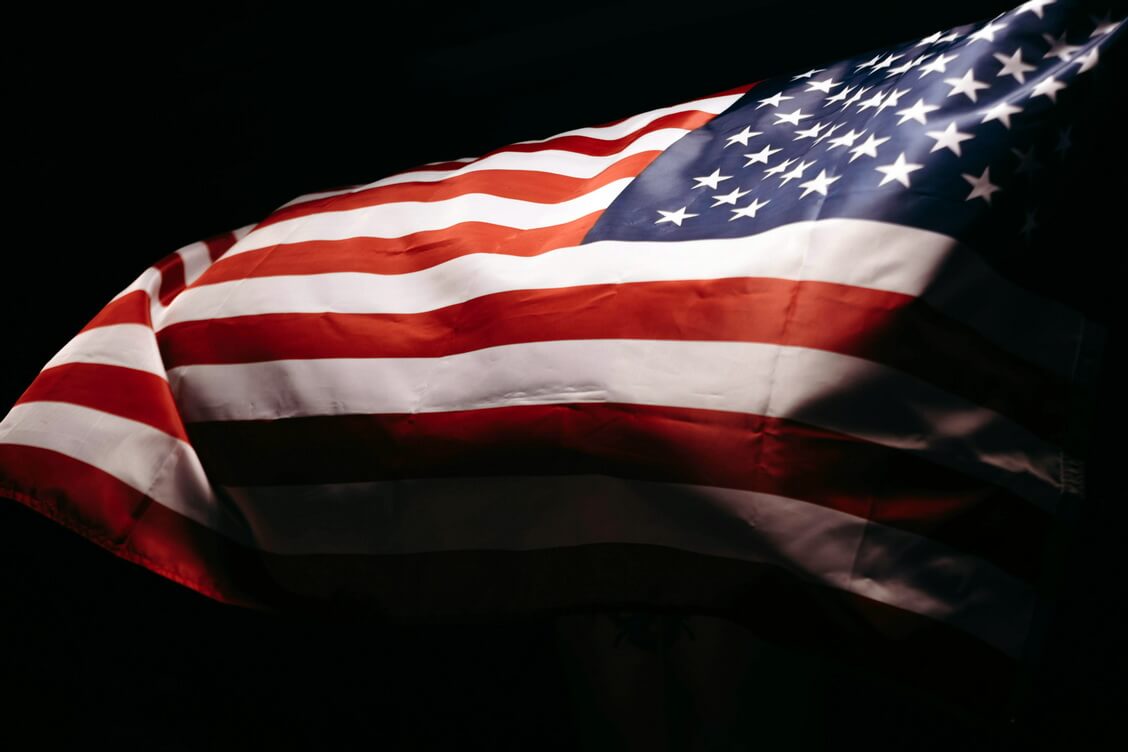US Deputy Assistant Secretary of State Christopher Smith met with Alaksandar Łukašenka in Minsk, signaling a potential “grand bargain” that could involve the relaxation of sanctions in exchange for the release of a significant number of political prisoners, The New York Times reported on February 15.

Secret meeting signals possible political shift
“After years of the U.S. trying to isolate Russia’s closest ally, a meeting with Belarus’s president points to improving relations, raising hopes for a loosening of his repressive policies and his alignment with Moscow,” the report says.
“The next step, Mr. Smith told a gathering, is a possible grand bargain under which Mr. Łukašenka would release a significant number of political prisoners, including prominent ones,” according to those who attended the meeting. “In return, the United States would ease sanctions on Belarusian banks and potash exports,” the article explains.
The report also mentions a briefing for diplomats that Smith held in Vilnius after his visit to Belarus. It is known that Smith visited Belarus to retrieve three detainees, including a US citizen whose name has not been disclosed.
“This was a special operation, where we just crossed into the Belarusian frontier, went into Minsk to meet with Belarusian counterparts who brought these three detainees to us and handed them over to our custody,” Smith told CNN.
Smith also met with Ivan Tertel, head of the Committee for State Security (KGB), The New York Times said.
No official press statement was released following the Vilnius briefing, but The New York Times is considered a credible source. A source familiar with the matter confirmed to Pozirk that the article is largely based on factual information but declined to provide further details.
Further developments
On February 13, Natalla Ejsmant, a spokeswoman for Łukašenka, said that the release of the US citizen was not the only request from the new US administration, and such requests are coming in.
Moreover, on February 11, just before the alleged meeting with Smith, Łukašenka met with Belarus’ permanent representative to the UN, Valancin Rybakoŭ. The official report suggests that the main focus of their conversation was not the UN, but rather a casual discussion in which Łukašenka, referring to the US president as “Donald,” inquired about the post-election situation in the United States and the current president’s actions. It appears that Rybakoŭ was consulted before Smith’s meeting.
Minsk eyes new diplomacy, Moscow’s influence looms
If the information from The New York Times is accurate, Minsk may have a chance to break its isolation from the West. Until now, only Budapest had shown some sympathy for the Łukašenka regime. Striking a deal with Washington would be a significant breakthrough.
However, several questions remain.
Easing or lifting sanctions on Belarusian banks and potash exporters is an enticing prospect for Minsk. Belarus used to ship potash through Lithuania’s Klaipėda port—its most convenient route—but now, higher logistics costs and the need to cut prices have reduced profits from exports.
The sanctions on Belarusian potash were imposed not only by the United States but also by the European Union. How will Minsk address this issue? Perhaps Trump will try to pressure the EU to align with his policy.
During his previous term, the Trump administration sought to improve relations with Łukašenka. In 2019, US National Security Advisor John Bolton and, in 2020, US Secretary of State Mike Pompeo visited Minsk, attempting to draw Belarus away from Moscow and China. They promised to supply oil to Belarus, and several tankers arrived before protests broke out in Belarus in 2020.
After that, however, everything unraveled. To maintain power, Łukašenka cracked down on protesters and fully aligned with the Kremlin, providing Putin with a staging ground for the 2022 invasion of Ukraine. These actions severely damaged Minsk’s relationship with the West.
Now, Łukašenka’s dependence on Moscow is much stronger than it was five years ago, and Moscow is unlikely to tolerate yet another attempt by Łukašenka to balance relations between the East and the West.
Łukašenka’s prisoner release in question amid growing repression
The question of whether Łukašenka can approve the large-scale release of political prisoners remains open. Since July of last year, he has pardoned over 250 prisoners, most of whom were rank-and-file activists. High-profile figures like Viktar Babaryka, Maryja Kaleśnikava and Siarhiej Cichanoŭski remain in prison.
Łukašenka demands that prisoners submit requests for pardon, hoping this approach will help him claim a moral victory. However, not all well-known political prisoners may be willing to comply.
Notably, in 2015, seeking to improve relations with the West before elections, Łukašenka released one of the most iconic political prisoners of that time, Mikałaj Statkievič, without requiring a pardon request from him.
Ten years ago, the number of political prisoners could be counted on one hand. Today, according to the Viasna Human Rights Center, more than 1,200 people are imprisoned for political reasons.
It is worth noting that, during that time, Łukašenka distanced himself from recognizing Crimea’s annexation, adopting a stance of “situational neutrality.” This earned him a reputation as a peacemaker and allowed him to host the leaders of the Normandy Four in Minsk. That period also saw a domestic political thaw, fostering the growth of civil society and laying the groundwork for the peaceful uprising of 2020.
However, after 2020, Łukašenka became a co-aggressor in the Russian war against Ukraine, and it is now nearly impossible for him to return to neutrality or restore his image.
The shock of 2020 forced Łukašenka to escalate repression in Belarus. The 2025 election was a stage-managed ritual, akin to elections in authoritarian Central Asian states. Now, Łukašenka is probably even more wary of experimenting with democracy and may fear that a mass release of political prisoners would be perceived as a sign of weakness.
Strategy shift challenges Belarusian opposition
The possibility of a deal with Washington remains on the table, which could pose a challenge for the Belarusian opposition.
Śviatłana Cichanoŭskaja, speaking at the Munich Security Conference, said, “These releases are not happening because of [Alaksandar] Łukašenka’s humanism. They are occurring because of the constant pressure on his regime.”
The new US administration has extended an olive branch to Łukašenka. While this may be viewed as cynical bargaining, if the process begins, the opposition’s focus on sanctions might lose its relevance.
Now is not the time for maximalist demands. It is crucial to pragmatically seize the opportunity to secure the release of as many political prisoners as possible.
